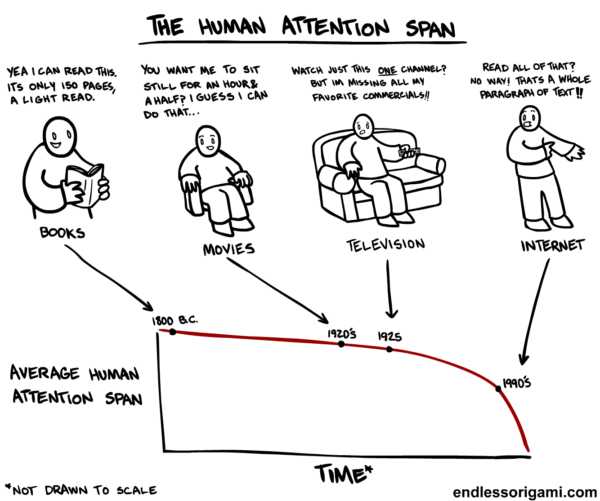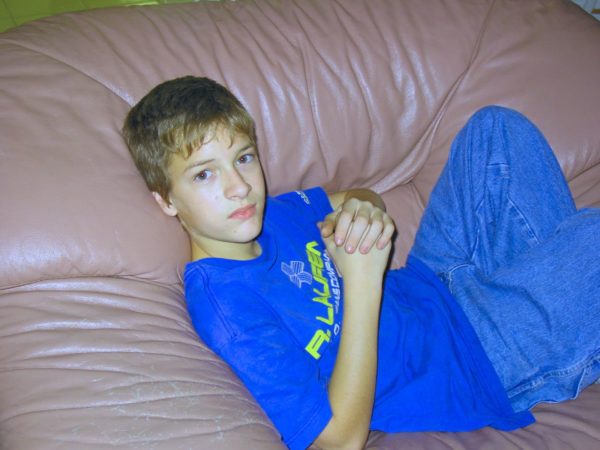I can’t believe my daughter, Kristina, has her last day as an anesthesiologist tomorrow! It seems like only yesterday that she was in preschool. It seems like only yesterday that she graduated from Brownie to Girl Scout, then from grade school, middle school, high school, college, medical school and residency. Twenty-six years of education! Now, she and her husband, Houston, are moving July 9th to North Carolina where she will be in private practice and Houston will be doing a one year fellowship at Duke in joint replacement. I don’t envy them packing up everything and hauling it across the country, but I’m very excited for them entering a new chapter in their life. Maybe now they’ll have time to start a family!
So far, the results for the next CE event in the U.K. is surprising. I thought Glastonbury would be first, but Edinburgh is at the top, then London, and then Dublin. Please let your voice be heard. If you haven’t voted, please do. I value your input more than you might know!
Here’s the second half of the post on attention span. In case your attention span sucks like mine, I’ve added the tail end of the first half.
Erik: If anything, we’re just getting wider chunks of bigger pictures. Think of a person who writes something that’s only a few sentences, but when you read it, it seems so much more expansive than that.
Me: True.
Erik: For some people, three minutes of information we get, we learn not to pull in more in that chunk of time.
Me: So, we can distill information better?
Erik: Right. Think about it as humans evolving toward living in a moment of Now. There’s no measurement of time for Now because it’s always changing.
Me: Right. You can’t even say it’s an instant because an instant actually takes some time.
Erik: Exactly. As more and more humans awaken to their abilities outside of just the physical world like the things we can see and touch and hear and smell and all that, it’ll be necessary to process greater amounts of information in smaller chunks of time. A lot of mediums do this as do people who can pick up telepathic information from other living beings. Their attention span is only in that second when they hear what’s being said, and as soon as the spirit or whatever says it, if the person doesn’t repeat it right away, it’s gone. They can’t remember what it was.
Me: It seems like if you have to distill something to such a contracted period of time, you’re not going to get as much information in sentences or phrases, but more so in feelings and intuition and things like that.
Erik: It will be—
Me: Or visuals.
Erik: Long term, what we’re doing is, we’re not necessarily moving away from spoken language; we’re just learning how to expand our language in ways that are not spoken. It’s through feelings, intuition and those kinds of things. There’s so much information that can be received in that way.
Me: Right, like a picture is worth a thousand words. Symbols, emotional symbols and such can relay a lot more information than a paragraph of text.
Erik: In order for humans to be able to continue their evolution, they have to break the barriers of physicality because once you explore all the physicality of yourself, you’ll find there’s a hard and fast boundary to it, and you’ll always be stuck in that little box. So you have to learn ways to go outside of that. This is where creativity is so important. The honest truth is, from the collective perspective, anything that can be imagined can be achieved. You, as an individual, may not be able to do it, but as a collective, it can happen.
Me: So, is that why we like texts now instead of phone calls? Instead of calling Aunt Mary and going, “Hey, you want me to come over for a visit? What time? What should I wear?” you can text her, “Wassup. Coming over.”
Erik: Mom, here’s a little tidbit on how that’s helpful with connecting to spirit. It’s a subtle way of letting you feel like you have a connection to someone when they’re not physically there. The same thing happened when the telephone was invented and things like that where there’s no face-to-face. Now, face-to-face is changing, but people can pick up on the abstract of connection. Right now, humans are learning how to integrate that into themselves because there’s always going to be some face-to-face to some degree, but some of the symptoms of learning how to integrate that include higher rates of anxiety and depression. That’s because people are learning how to use the tools, and their bodies are adapting. Any time that happens, energy is changing and that creates various symptoms. Usually, when it affects the mind, and it always does because all evolution happens there, then there’ll be anxiety and depression.
Me: Yeah, well that sucks. Well for me, I was raised by high achieving parents who were like, “You have to be productive or you’re a loser.” So, to me, if I just sit there and do nothing, I feel guilty. I always have to do something. I have a to-do list, and I keep adding to it, bam, bam, bam. I gotta just crank it out.
Erik: Mom, they taught you to be your own taskmaster.
Me: I know. So, I guess I’m going to have to put, “Meditate for five minutes” on my to-do list.
Robert laughs.
Erik: If that process works, Mom, and it does, because if you don’t have that list, you’ll go, “Oh my god. Did I forget something? Did I forget something?”
Me: I know!
Erik: Well, that’s not helpful, so keep your list!
Me: I’m going to keep it, man. I’m sticking to it! I get shit done, man! I do! I’m very productive so, hey, that’s not bad.
Erik: If you feel happy and pumped about something, there’s nothing wrong with that. I’m talking about people who keep going and going until they get physically ill.
Me: They burn out.
Erik: Yeah, they burn out and start having mental health problems and physical ailments. That’s where the “slow it down” comes in, especially for those people, but including those who get a charge out of it. They need a little bit of that, too, because eventually their bodies will go, “Well, I got to.” But their minds won’t.
Me: I know! That disconnect sucks.
Erik: Right, if you haven’t been doing the work to learn how to be quiet and be calm, then you get to a place where your body will no longer let you be kinetic. You’ll potentially have more suffering, and you’ll start feeling trapped in your own body.
Me: Yeah, that would be torture. Anything else about this subject before we close?
Robert: No, but he had one other subject; I don’t know if we have time to talk about it.
Me: Well, what is it? People’s attention spans are short, so we can’t make these YouTubes very long!
Robert laughs.
Erik: Exactly. The perfect amount of time is 10-20 minutes.
Me: Yeah, I try to go no longer than 20. Well, what did you want to talk about?
Erik: It’s about how to figure out a premonition from your own thoughts.
Me: Okay.
Robert: It’s really simple, but I argued with him a little bit about it.
Erik: Basically, with a premonition, it’ll just pop into your head and you won’t necessarily have a strong emotional reaction to it. It may be something very disconnected from you. Your own thoughts, most of the time—okay, say for instance you start thinking you’re going to lose your job. Some people might see that as a premonition, but you have to stop and step back and think to yourself, “Okay, well actually is it because I’m stressed out and I’m not doing very well at my job, and I’m starting to worry?” In those instances, you have to look at that. There’s a direct connection to you, and it usually involves some sort of insecurity.
Me: Okay.
Erik: It’s also a matter of time. You look at the time, you see a premonition of some sort that maybe does provoke a lot of fear in you. Then sit there and observe. Does it end up happening? It might be something you have no control over anyway. Just watch it and see.
Me: So then you can learn what premonitions feel like instead of fear wrapped up in your own thoughts that you produce with your imagination.
Robert: The argument I got into with him about was what if it is a mom or a father that gets the idea that their kid is getting ready to die? That would be a very strong reaction!
Me: Yeah.
Erik: But there’s such a strong connection to the child that maybe it is true.
Me: Okay, well we do have a subject that I want to talk about in length, which is the nature of fear. We can add this to that. We can talk more about premonitions then.
Robert: Yeah.
Me: All right, thank you, Erik! Thank you, Robert!
Erik: I love you.
Me: I love you, too.

Don’t forget about Erik’s Hour of Enlightenment radio show tomorrow at 5:00 PM PT/7:00 PM CT/8:00 PM ET. No more than 15 minutes before the top of the hour, call 619-639-4606 to ask Erik your question. There are three ways to listen: Listen on the phone line, click on the “Listen” icon on the right sidebar of the blog or click HERE.



